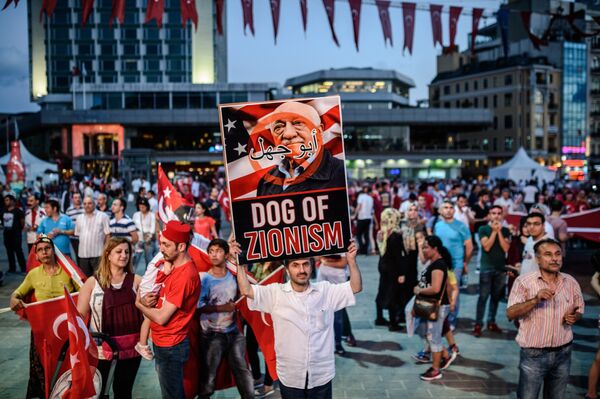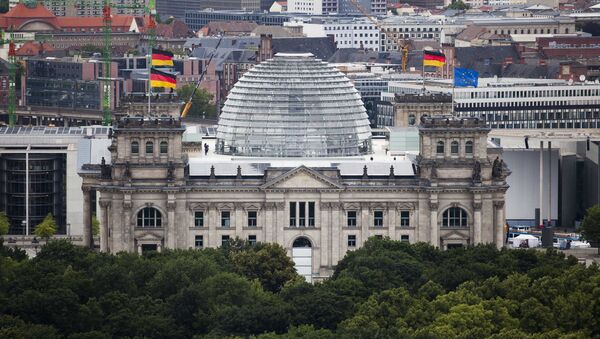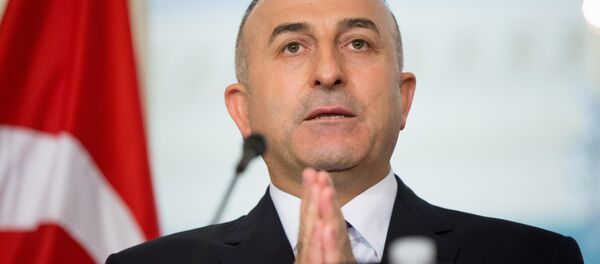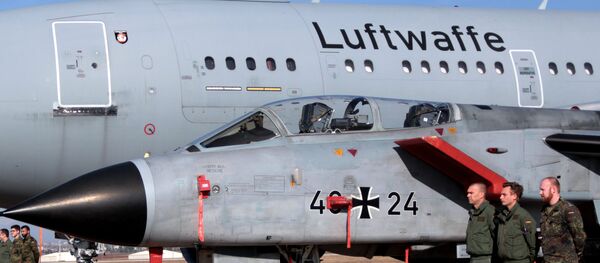The politicians, who work in the interior, foreign and defense areas of government, have been warned about a "hazardous situation."
A BKA spokeswoman confirmed that the security talks with parliamentarians took place.
"The possible activities of foreign intelligence services were also one of the topics here," the spokeswoman said.
In February, Spiegel Online reported that Turkey had spent months pressuring the German security services to take more action against Kurdish organizations and followers of the Fethullah Gulen movement in Germany, apparently to no avail.
In March, it was reported that federal prosecutors in Karlsruhe had opened an investigation into 20 alleged agents from the Turkish-Islamic Union for Religious Affairs (DITIB), which is believed to be spying on Gulen followers in Germany.
Following the failed military coup in July 2016, Turkey launched a crackdown against alleged followers of Fethulluh Gulen, a US-based cleric who President Recep Tayyip Erdogan believes organized the coup attempt.
In early May, Ankara was angered after Berlin agreed to offer asylum to hundreds of Turkish army officers and diplomats who had fled to Germany as a result of the crackdown.

In retaliation, Turkey refused German Bundestag politicians the right to visit soldiers stationed at the Incirlik air base, and Berlin has since decided to move its air force contingent taking part in US-led anti-Daesh operations to an air base in Jordan.
In addition, Berlin continues to demand the release of German-Turkish journalist Deniz Yucel, who was arrested in Turkey in February on terrorism charges.
The migration agreement between Turkey and the EU is also a source of tension, as Berlin has recently accused Ankara of failing to cooperate to enable the repatriation of 6,514 Turks living illegally in Germany.
"With regard to the implementation of the EU-Turkey readmission agreement, there are divergent views between Germany and Turkey in some areas," Die Welt quoted a German Interior Ministry spokesperson as saying.
For its part, Ankara has also accused Germany of supporting the Kurdistan Workers' Party (PKK) and the Revolutionary People's Liberation Party/Front (DHKP-C), paramilitary groups banned in Turkey and the EU which are conducting insurgencies against the Turkish government.




